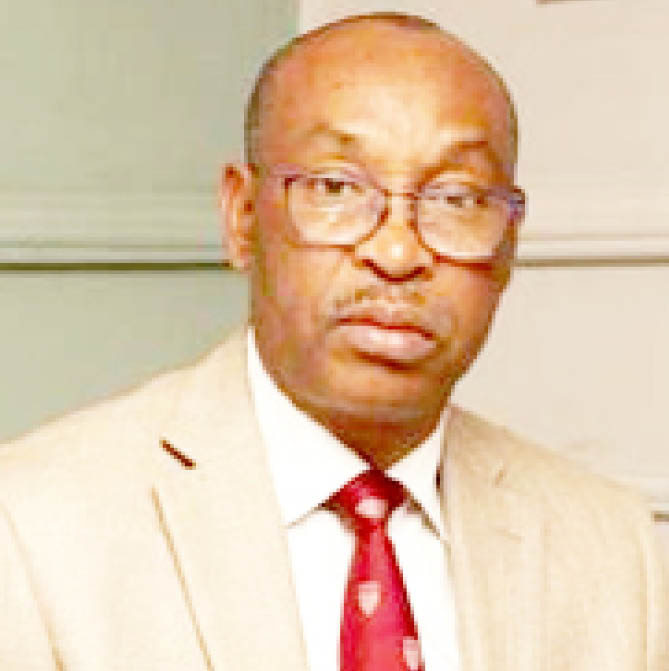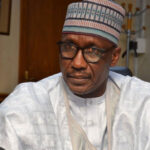The Nigeria Extractive Industries Transparency Initiative (NEITI) has decried its low operating revenue just as it propels reforms that boost revenue generation for the federation.
The Executive Secretary of NEITI, Dr Ogbonnaya Orji, stated this on Tuesday at the launch of the reporting frameworks for gender and the environment in the Nigeria extractive industry by the Minister of Finance, Budget & National Planning, Zainab Ahmed, at the NEITI House in Abuja.
He said, “The NEITI Act is currently being reviewed to seek ways and means of augmenting government support. The tragedy that we face is that we incentivised revenue generation but while our reports may lead to revenue generation to sister agencies that also take some percentages, NEITI walks home empty handed.
“The review of the NEITI Act is focused on innovations that will enable NEITI to operate with less government funding and dependency and function more effectively as the watchdog of the extractive sector,” Orji said.
Don tasks farmers on mushroom cultivation to boost agro-revenue
Zulum seeks more political appointments for women
The NEITI boss also said Nigeria has emerged as the first of the 53 member countries of EITI to have a permanent office.
“Again, we are also proud to announce that among the 57 member countries of the EITI, Nigeria is the first country to acquire its own permanent building; we have already been worldly acknowledged for this.”
For the reports, Orji said the gender report will help to record accounts of challenges affecting women and children who form the majority of rural dwellers in extract communities.
“They suffer the worst health challenges arising from emission and environmental pollution,” the NEITI summarised the reports.
The minister, Zainab, urged the incoming government to strengthen transparency of agencies. “Let me also use this opportunity to appeal to the incoming administration to strengthen anti-corruption agencies and reform-minded institutions like NEITI in its economic policy agenda, considering the agency’s unique national and international mandates,” she said.

 Join Daily Trust WhatsApp Community For Quick Access To News and Happenings Around You.
Join Daily Trust WhatsApp Community For Quick Access To News and Happenings Around You.

